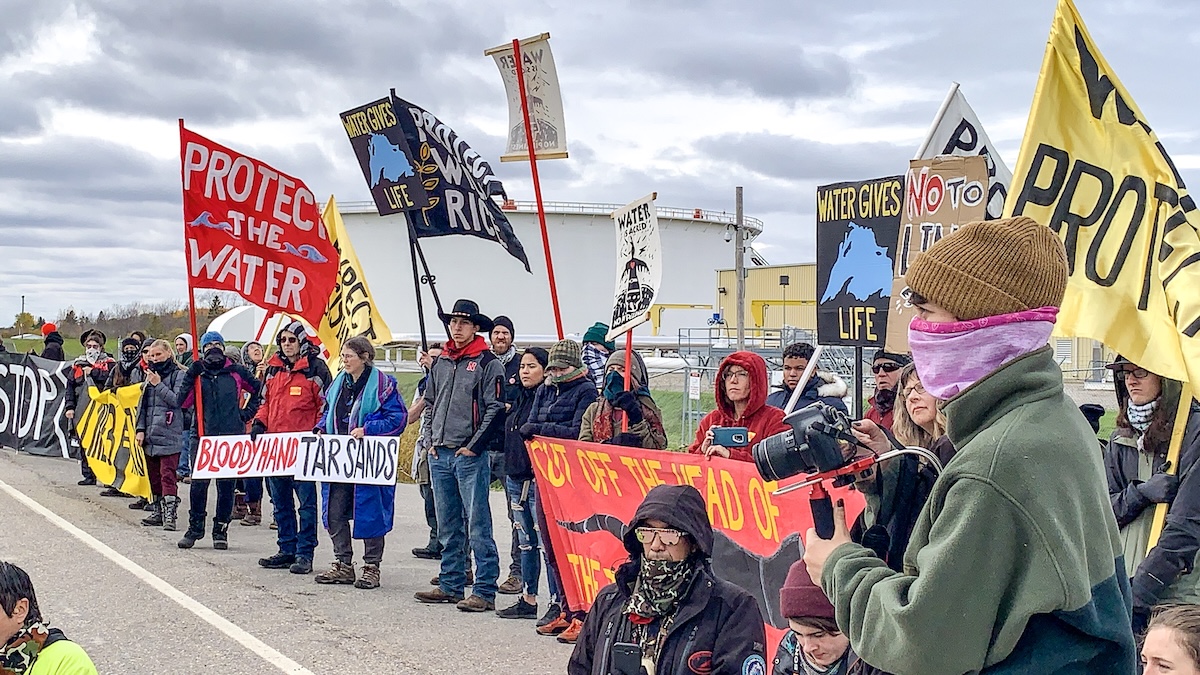| The impact of Coronavirus and the slow response to test, treat, and prevent the spread of this pandemic has been alarming. Countless stories of under-resourced hospitals turning potentially infected people away and prohibitively expensive testing (if you can even find one!) are on the news every night. Many Oregon families are struggling to figure out childcare now that schools are closed, how to pay rent and bills on dwindling hourly wages when service industry jobs are getting cut left and right, where to find supplies when the grocery store shelves are empty, and let’s not even start on what to do if you are one of the unlucky many put into quarantine. The question we keep hearing rural leaders ask is: in a moment of “social distancing”, how can we reduce isolation, support each other, and build community? As rural people, we have proven time and again that we work together to get through disasters and crises in our communities. When we refuse to let our fear drive us apart, we have the power to save lives, ease suffering, creatively problem solve, and build stronger communities for the long haul. We know that washing our hands and keeping our distance are important ways to keep immunocompromised folks safer, but many people in our communities do not have homes to stay in or sinks to wash their hands in, let alone access to healthcare. People paid by the hour are being forced to choose between going to work or not paying rent. The effects of this pandemic, like so many crises we have faced before, will have the biggest impact on folks in our communities who are already vulnerable and bearing the brunt of economic inequality. While the rich and powerful may use this moment to consolidate power or undermine democracy, we have the opportunity to leverage this crisis to achieve our communities have needed for a long time. Here are some strategies and resources that rural leaders are working on: 1. Join the Rural Community Coronavirus Response Strategy Session online or by phone: Rural leaders from across Oregon will convene Wednesday, March 18th from 6:30-8:00 PM to discuss strategies and tactics for rural community support! Register here to receive the link and call-in information so you can join the conversation by computer or phone. If you are unfamiliar with Zoom video conferencing software and would like support joining the call, please email us at hannah@rop.org. 2. Build community systems of mutual support: Some of the most powerful rural cultural traditions focus on supporting each other when we need it most. From creating community plans to drop off meals to sick or stressed neighbors, to setting up rotating playdates so parents in the neighborhood can take turns getting to work, rural people are particularly equipped for this moment. In crises like this, we can build off of these traditions while calling for public institutions to live up to our shared values. For example, in Kentucky, school buses are delivering meals to students’ homes, ensuring that young people don’t go hungry without the meals they normally receive at school and bus drivers continue to work while schools are closed. Many schools in Oregon are still providing some meals if parents can get their children to school, which is great, but what if rural Oregon adopted Kentucky’s model that ensured the most vulnerable students are still fed? Could you pool funds to set up quick childcare options in your town? Or use that money to buy meals for those who need them from local Chinese-owned businesses impacted by racist kneejerk reactions? Not sure where to start? Email Hannah at hannah@rop.org to hop on the phone with an ROP organizer and think it through together! 3. Set up a neighborhood communication system: In my church growing up, whenever a baby was born or someone passed on, word spread in no time thanks to the phone tree that lived next to everyone’s landline phone. These days, Facebook groups, text loops, and phone trees are getting built for neighbors living on the same dirt road, in the same neighborhood, or within 20 miles of the same town to help folks share news, support each other when help is needed, and break the isolation that impacts folks’ physical and mental health. This is a moment to check in on your neighbors and to stay connected! Phone trees are also a great solution for keeping in touch when reliable internet isn’t available to everyone. Never used a phone tree? Reach out to us at hannah@rop.org and we’ll help you get one started! 4. Set up systems so your group can continue organizing remotely: ROP staff can also extend our support in helping keep your human dignity group connected. The ROP staff team lives across the state and we have a lot of tips and tricks for working together without being in the same room. We’d love to help you and your group figure out a system to keep your group and your work alive and kicking! Reach out to hannah@rop.org to connect with an ROP organizer who can help you put a plan together! 5. Take action for human dignity: Call or write Governor Brown’s office at (503) 378-4582 and ask that the Coronavirus response focuses on the most vulnerable communities. Everyone deserves to be safe, housed, fed, and healthy, and many in our communities did not have those “luxuries” before this crisis started. Here are a few examples of emergency measures that could protect those most vulnerable among us from the brunt of this crisis: - Emergency rent forgiveness for all non-salaried workers and freeze mortgage payments for households earning less than $40,000 per year through June 2020
- Stop evictions through June 2020.
- Increase access to food vouchers, and make them available at all DMV locations and food banks.
- Moratorium on all utility shut-offs and late fees. The big utilities in the urban parts of the state have said they won’t charge late fees or disconnect anyone who reached out directly. Let’s extend this to the entire state and publicize it widely.
Call Immigration and Customs Enforcement (ICE) at (503) 326-2059 to demand safe and healthy conditions for asylum seekers and immigrants: - Close ICE offices across the state and move to phone calls instead of in-person check-ins for all asylum-seekers and immigrants.
- Release all people in detention. Jails and detention centers are not equipped to care for the medical needs of the people being held inside.
If you are stuck at home all day, call and write your senators and representatives! You can find contact information for your elected officials on the State of Oregon’s website. Here are a few more examples of emergency measures that would help rural communities right now: - Provide financial support to people without health insurance in need of treatment for Coronavirus.
- Provide childcare vouchers for parents who must continue to work while children are kept home from school.
- Provide paid sick leave and unemployment insurance to everyone including low-wage and hourly workers regardless of immigration status or the size of the business employing them.
A note about the Rural Caucus & Strategy Session currently scheduled for May 30th: Our top priority is the safety of our community, and we are actively monitoring the developing situation around the Coronavirus (and supporting rural community organizing to keep folks connected and supporting each other during closures!). If the Rural Caucus & Strategy Session is canceled or postponed, or you want to cancel your plans, we will issue full refunds for registration fees. We’ll be keeping a close eye on the situation and will keep you updated as things progress. As we face this time of uncertainty together, we hope you find little moments to connect with your neighbors, share laughter and joy, and build stronger and deeper connections for the long haul. We’re all in this together and often we’re all we’ve got. Warmly,
Hannah and the ROP Team P.S. If you are looking for a podcast to listen to (other than Rural Roots Rising, of course!), we recommend Coronavirus: Wisdom from a Social Justice Lens by Healing Justice. |




